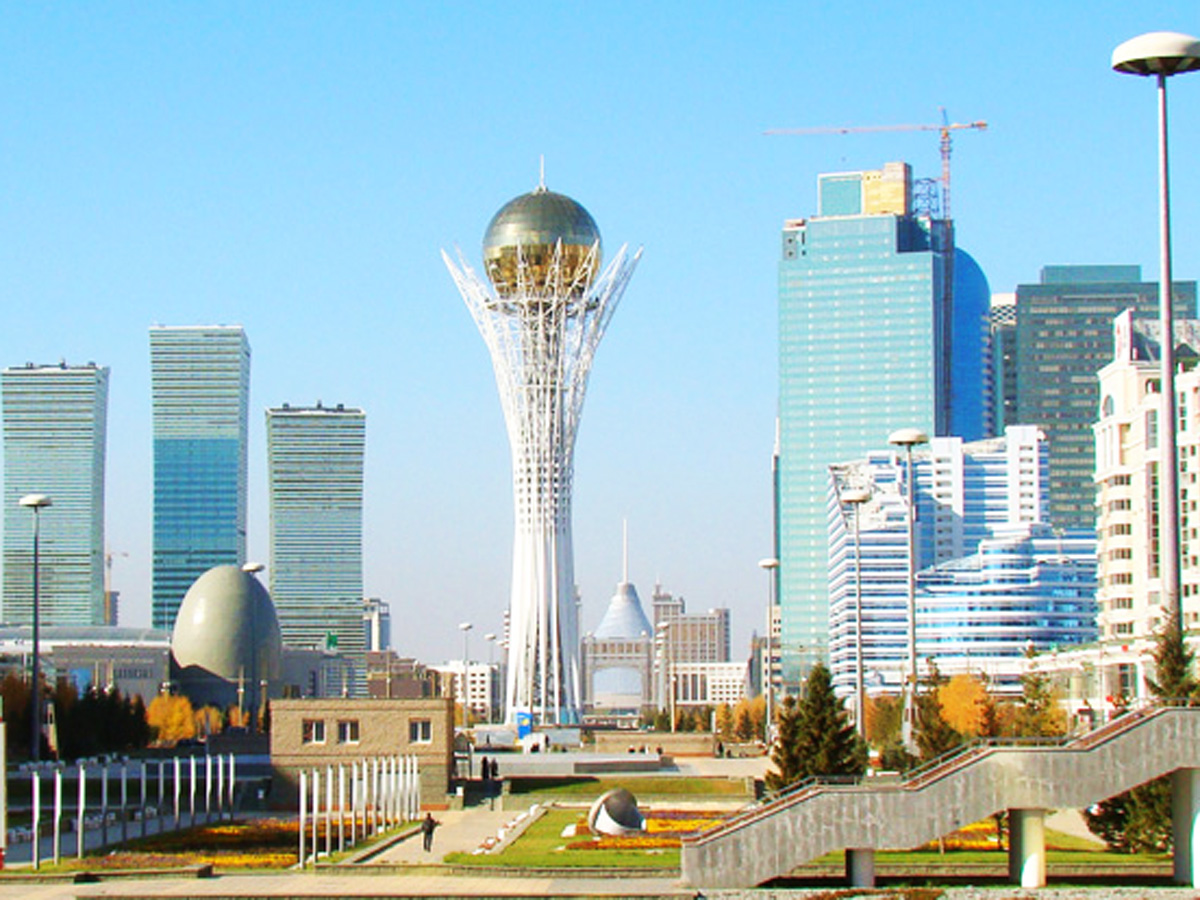Baku, Azerbaijan, Feb. 27
By Nigar Guliyeva - Trend:
Kazakhstan has proposed a road map for implementing the Enhanced Partnership and Cooperation Agreement (EPCA) between Kazakhstan and the European Union, Kazakhstan's Foreign Minister Kairat Abdrakhmanov said at the 16th meeting of the Kazakhstan-EU Cooperation Council.
The minister stressed that the implementation of the EPCA's full potential corresponds to Kazakhstan's interests as the document will facilitate the effective implementation of the comprehensive modernization strategy pursued by President Nursultan Nazarbayev.
The Agreement, signed in 2015, has so far been ratified by majority of the EU Member States and received consent from the European Parliament. The EPCA is a next-generation document that covers 29 fields of cooperation. new collaborative structures have already been created – the cooperation committee in the “trade configuration", a subcommittee on customs issues, and a subcommittee on energy, transport, environment and climate change.
The implementation of the new Agreement will let increase trade volume significantly firstly by high-tech products, and generate new opportunities for economic growth and job creation.
“In turn, the strengthening of trade and economic ties is inextricably linked with the free movement of citizens. In this regard, starting negotiations on facilitating the visa regime as soon as possible has become an objective necessity," Abdrakhmanov said. He expressed the hope that negotiations on visa facilitation will start this year.
The European Union is Kazakhstan's largest trade and investment partner, accounting for about half of the country's foreign trade and direct investments. The volume of trade between Kazakhstan and the EU increased by 25 percent in 2017 over the previous year, amounting to about $30 billion.
The Kazakhstan-EU Cooperation Council is the highest body for interaction established under the EPCA. The Council meets once a year at the level of foreign ministers of Kazakhstan and the Member State holding the EU presidency in order to carry out a regular review of the Agreement's implementation, and also to discuss bilateral and international issues.






